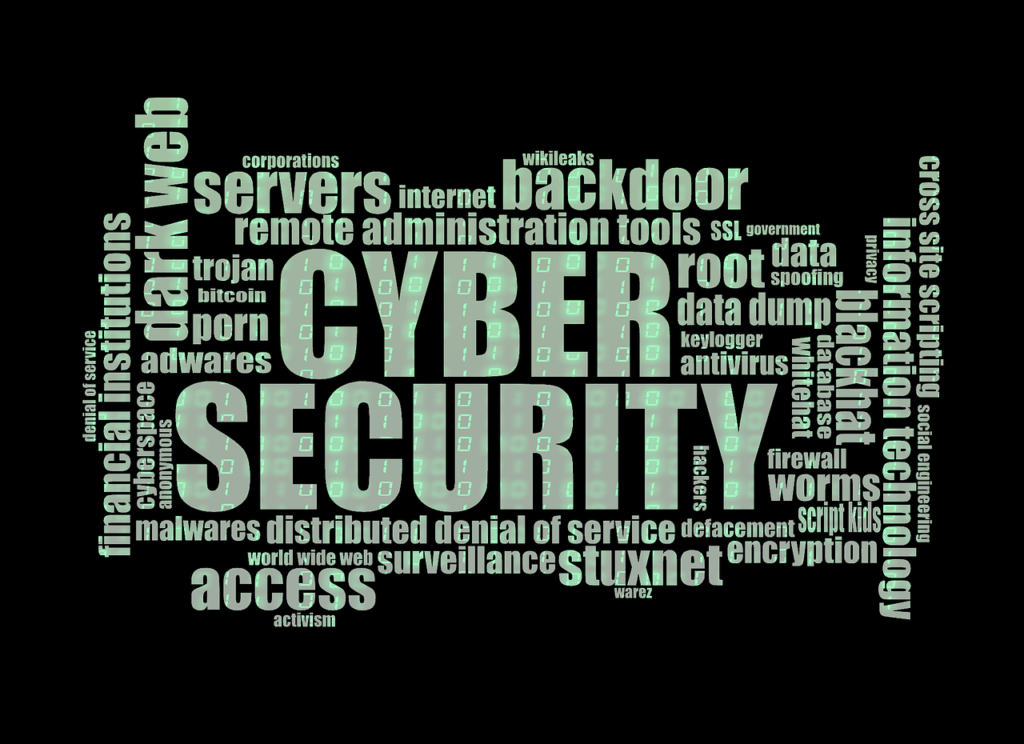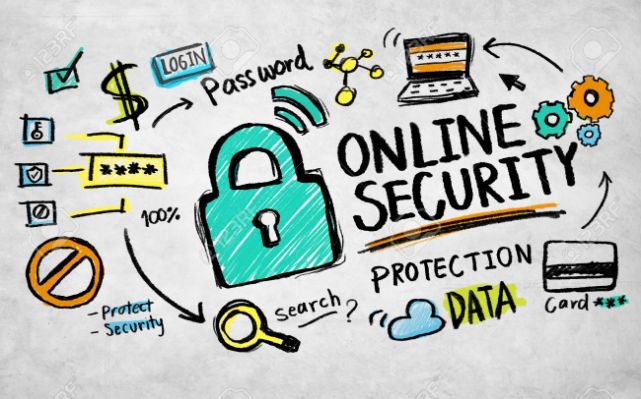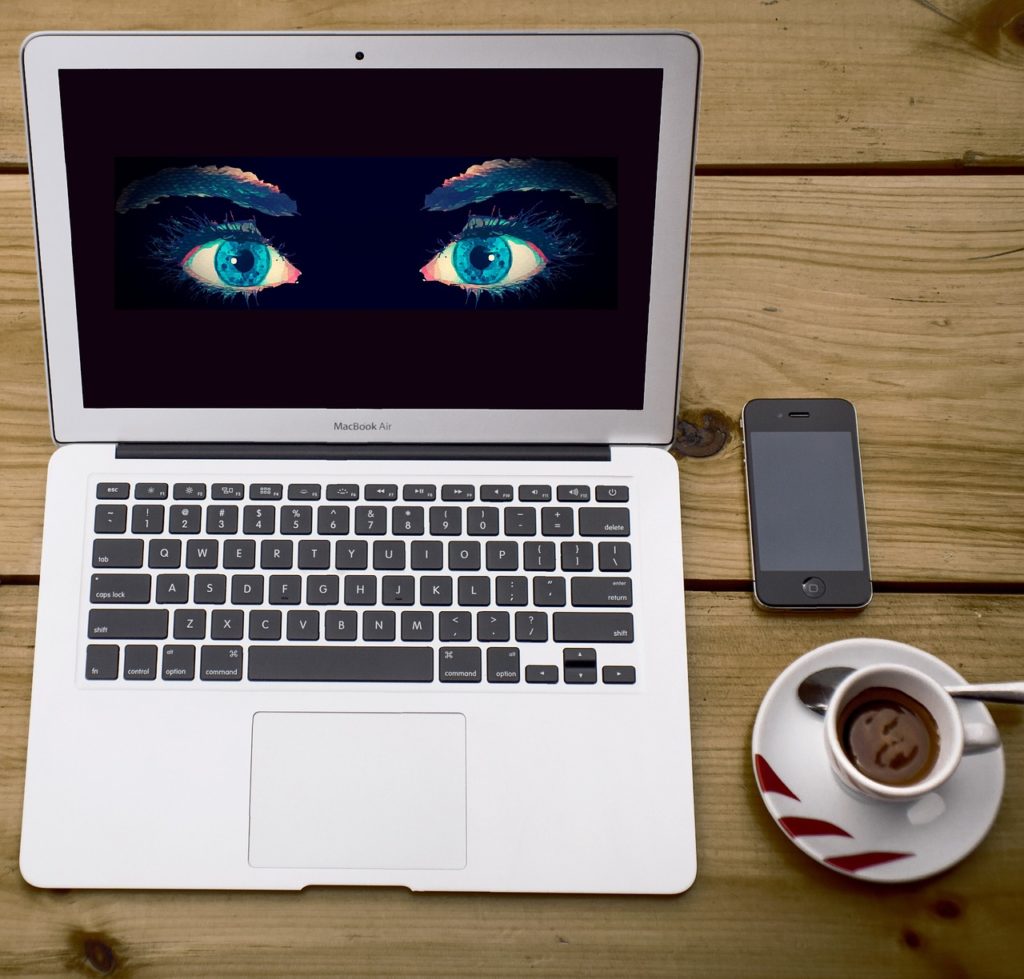New technology certainly has its perks, but can also bring additional worries for the modern parent. How can you protect your loved ones from cyber bullies? Should you enforce strict limits on screen time? Will your children’s digital breadcrumbs (now referred to as digital tattoos) haunt them later in life? These and other parenting dilemmas are part of larger questions: Is it ethically or morally correct to spy on your kids? When is there a good enough reason to do so? What’s a good excuse — their online safety? Their physical security and privacy? Or is it never okay to spy on your kids and invade their privacy?
The Spying Debate
For some time now the ‘spying’ debate has been raging online in parenting and educational forums; here we hope to present both sides of the argument.
Recently during a presentation I attended about online safety for a group of parents it was discussed how when most of us were growing up there seemed to be much more of a ‘walk or ride to school by yourself’ care-free way of life. These days we label it Free Range Parenting. A proponent of the model is Danah Boyd, Principal Researcher at Microsoft and author of It’s Complicated: the social lives of networked teens. She talks about the culture of fear that motivates parents when it comes to looking after our kids.
“We’re afraid of all of the ways in which our children might be harmed,” she says. “And we’re afraid of all of the things that children might do to disrupt the status quo.”
Do a simple search for articles similar to this and you’ll come across Katie Roiphe blogging about letting her 9-year-old daughter surf the internet by herself. It all comes down to giving children opportunities to make choices, assess the risks and make strategic decisions based upon the evidence presented to them. In other words, preparation for independence.

As always, there is the opposite end of the spectrum. According to the Journal of Adolescent Health, 26% of online sex offenders make use of social networks to get information about where children live or their whereabouts during the day. If that isn’t scary enough, consider the fact that according to the National Centre for Missing and Exploited Children, 1 in 7 kids receive some kind of sexual solicitation online at some point, and over half of those solicited are asked to send a picture of themselves. These statistics prove there’s a very real danger to anyone under the age of 17 on the Internet.
In an interview in 2012, supervisor of the FBI Cyber Crimes Division, Russ Brown said:
“So, is it a child or is it an equal adult with the same developed emotional capabilities as an adult? If you’re empowering your child at the age of twelve to be on an equal level as you are, then you aren’t really a parent anymore. Technically, they aren’t really mature enough to handle that stuff.”
The children that get into these situations are not stupid or immature, nor do they lack the understanding that there is a very real danger online that needs to be avoided. What children lack is the years of experience that adults have in dealing with people who may not be completely honest.
The dangers have most certainly grown since the emergence of social networks and online gaming, some argue that preventing access is the single most important thing a parent can do with their child or is it?
Read the Statements Below & Figure Out Where You Stand on The Digital Divide
A) Children are smarter than they give them credit for, and educating them rather than spying on them shows that you respect them; a relationship of mutual trust between you and your child is the only real thing that you can do to protect them online.
A) It is up to the responsible parent to install strong and effective filters and surveillance software, in order to track what sorts of messaging apps/software the children are using, who they are talking to, what social networks they use and who they are communicating with. The idea isn’t to spy or intrude into the private lives of the child, it’s to monitor for the tell-tale signs and red-flags that only adults with years of hard-earned life experience will recognize. To do anything less would be irresponsible, and even dangerous.
B) Is there a reason a parent feels they should monitor their child closely? Only that parent knows or can make that decision, based on the character of that child.
B) There is no question on whether or not a parent has a right to closely watch their child. As children demonstrate the ability to behave maturely and follow both parental and societal rules, they should be given more freedom and more privacy. But when they display poor judgment and irresponsible behaviour, their freedom and responsibility should be scaled back accordingly.
C) Instead of instating harsh rules and regulations that you (falsely) believe can’t be broken or circumvented, try building a genuine relationship with your children; educate them about the dangers that lurk online and make them feel comfortable talking to you about it.
C) Kids need to learn right up front that what they do on the web isn’t private. There is no such thing as privacy, just degrees of public. The Internet is the largest public forum in the world. ALL children push their boundaries; online more so than offline.
D) For teenagers though, you need to trust them and get them to trust you as an advisor. Filtering and spying sends all the wrong messages to them, and in the end doesn’t teach them to be sensible, rather it teaches them to circumvent the spying.
D) Teenagers can (and will) buy cheap phones, tablets, or laptops without their parents’ knowledge, and free public WiFi is then widely available. Younger children will use the computers or phones of their friends, or they will get around their parents’ Internet filters or the weaker filters at their school.
E) Most parents today probably don’t know the first thing about Internet filters or surveillance software.
The reality is that Internet filter software and parental control software is made so that parents don’t have to be computer experts to use them. Secondly, and more importantly, those filters can be customized to be very lenient, even in many cases allowing all traffic through, but flagging parents when certain activity takes place, like inappropriate words during IM chats, new and unknown incoming email addresses, or IM contact activity.

So What Should a Responsible Parent Do?
The truth is, no matter how intently you watch their online activities, your children will find ways around it. Unless you want to imprison your child in a room with absolutely no connection to the outside world, they’re going to communicate with other people without your knowledge.
Let’s say you find a way to track all the websites your children visit on the home WiFi, you track their text messages and phone calls, and you don’t let them have Facebook or any kind of social networking access. Great. But what about when they’re at school? Or at a friend’s house? They can act irresponsibly or naively when you’re not around. They can use their friends’ phones or computers or public WiFi hotspots or proxies to get around your parental controls. You’ll never be able to fully control everything your child does.
One anonymous student recently posted on a leading UK school’s website:
I figured out that using a proxy server at school allowed me to access everything, and going into safe mode on a Windows computer disabled the monitoring software. Nowadays I am even sneakier and make a bit of money. I have a mobile hotspot with unlimited 4G data that I pay around £20 /month for, and everyone pays me to connect to it on the bus or when they need to do something questionable at school.
Often when there are two extremes then the truth is usually somewhere in the middle.
- Err on the side of caution; it is likely the smarter choice. You are the best judge of subtle changes in behaviour of your children; they are likely to turn to you for support/advice when young, their friends when teenagers.
- All children are different, even amongst your own; what works for one might not work for another.
- As for spying…well, perhaps monitoring is a better word. Doing any of this completely covertly really undermines any trust between you and your child. Discuss openly the reasons behind monitoring.
- What works for an 11 year old does not necessarily apply to and 13 year old. The debate should classify monitoring/filtering for under 12s and for teens. Parental Controls need to be set-up appropriate to the age of the child. Regularly update and audit the Parental Control settings; as they get older the controls need to be adjusted relative to their level of maturity.
- Cultivating a relationship of honesty and communication is definitely key, but a very tricky thing to actually accomplish. Yet, never stop trying and learning different ways to foster dialogue with your children.
- Take an interest in what your children are doing online, discuss it with them – if your default setting is to block things they want to do because you are scared of them or don’t understand them, then their default setting will be ‘mute on’.
- Do not have internet enabled devices (or even a TV) in the bedroom; it is for sleeping. The family laptop or PC in a shared space is perfect for younger ones. Have access to their login details for social networks, but don’t use them unless you are given a valid reason.
Editors note: Websites referenced in this article and for further reading.
[i] http://www.freerangekids.com/
[iii] http://www.danah.org/papers/talks/2012/SXSW2012.html
[iv] http://www.slate.com/articles/double_x/roiphe/2012/05/kids_on_the_internet_danah_boyd_s_controversial_idea_that_kids_should_be_allowed_to_roam_free_.html
[v] http://www.internetsafety101.org/Predatorstatistics.htm
[vi] http://www.makeuseof.com/tag/unfortunate-truths-about-child-pornography-and-the-internet-feature/















